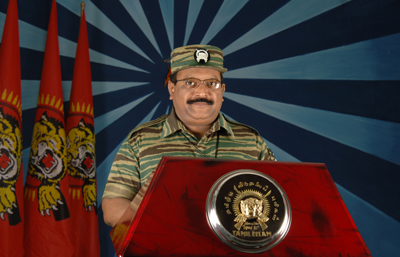

The 1983 violence had been preceded by more than two decades of discrimination against them.Īlthough the use of violence is an unacceptable means of changing the status quo, it must be recognized that the Tamils in Sri Lanka had genuine grievances. The fissure between Sinhala and Tamil that has so bedeviled the country began to deepen from this time onwards.Īlthough the use of violence is an unacceptable means of changing the status quo, it must be recognized that the Tamils in Sri Lanka had genuine grievances. Large-scale private industry had been pushed to near-extinction.

Now Tamils had nowhere to turn to for jobs once the state sector shut its doors in their faces from the mid-1950s onwards. Thus far, because of the wider spread of English within the Tamil population, they had been represented in both state and especially educational units far in excess of their one-fifth share in the population, a situation that was abruptly reversed once Sinhala became the only official language of Sri Lanka (then Ceylon). Proficiency in Sinhalese was made mandatory for employment in government or even to gain admission to schools and colleges.

In particular, Prime Minister Solomon West Ridgeway Dias Bandaranaike, an elite Sinhala Christian leader from the southern part of the country, copied Nehru in imposing severe curbs on the private sector at the same time as he restricted employment in the state sector to Tamils by enforcing a “Sinhala Only” policy in 1956. They regarded private business as evil and the generating of private profit as criminal. Unfortunately, many of the British-educated Sinhala leaders who took charge of the country post-1948 shared the Fabian socialist ideology of India’s first Prime Minister Jawaharlal Nehru. the Tamils) would not have been as critical a factor had Sri Lanka (then Ceylon) a substantial private sector presence. Restricting government jobs only to those fluent in Sinhala (i.e. By the 1960s, knowledge of English began to spread into the middle classes.

This contrasts with India where, at the same time and despite official disapproval, more and more educational facilities retained the English language. And because the disadvantaged were shut out from language study, class exclusivism within the Sinhala English-speaking community continued. Less than a twentieth of the Sinhala population was “high caste,” and it was only this sliver of feudal landholders who had access to the language of their colonial masters. During the years of British rule, they took to English with a felicity that was not matched by the Sinhala, the overwhelming majority of whom belonged to the “lower castes.” In 1956, they did away with both English and Tamil as official languages, retaining only Sinhala as the medium for both administration as well as education.Īs is evident from their diaspora, the Tamils are a community that prize education and achievement if given the chance. Sri Lanka Political Map Once freedom arrived in 1948, the majority Sinhala population decided that it their time to rule the island. The British, the last of the colonial rulers, adopted a neutral policy towards the Tamils and Ceylon’s more numerous (by four times) Sinhalese population. Their community is distinct from that of the southern Indian Tamils who came to Sri Lanka (then Ceylon) as indentured labor during the five centuries when the island was the colony of a succession of European states. Jaffna, a somnolent, leafy town in the north of Sri Lanka, is the heartland of the indigenous Tamils who came to Sri Lanka more than 2,000 years ago. But before those decisions can be laid out and analyzed, a brief history of the Tamil experience in Sri Lanka is necessary. The 2009 defeat of the Liberation Tigers of Tamil Eelam (LTTE) and the death of their supreme leader Velupillai Prabhakaran at the hands of the Sri Lankan Army can be traced to specific decisions made by both Prabhakaran and Sri Lankan President Mahinda Rajapaksa.


 0 kommentar(er)
0 kommentar(er)
